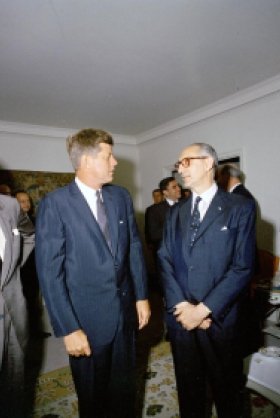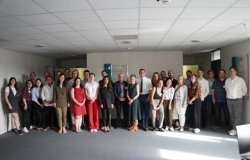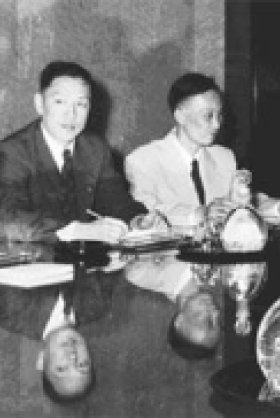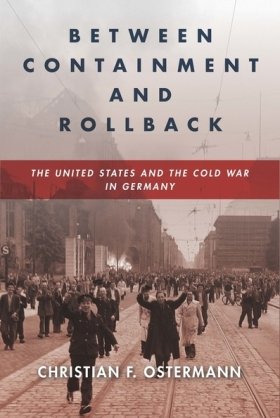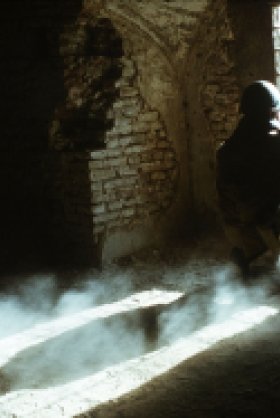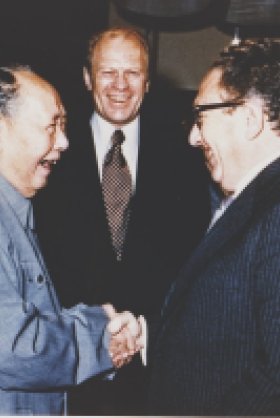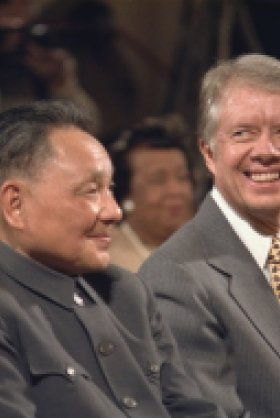CWIHP Partners to Speak at International Conference <i>Second Cold War and Peace Movement: the NATO Double-Track Decision from German-German and International Perspectives</i>
CWIHP partners Mark Kramer, Leopoldo Nuti, and Klaus Schwabe will speak at the upcoming international conference Second Cold War and Peace Movement: the NATO Double-Track Decision from German-German and International Perspectives (Zweiter Kalter Krieg und Friedensbewegung Der NATO-Doppelbeschluss in deutsch-deutscher und internationaler Perspektive), to be held in Berlin from 26-28 March 2009. The conference is co-sponsored by the German Historical Institute-Washington D.C. and the Institut fur Zeitgeschichte Muenchen-Berlin.
Klaus Schwabe, a former Wilson Center public policy scholar and professor emeritus of contemporary history at the History Institute of the University of Technology-RWTH-Aachen, Germany, will present a paper on Negotiations and Deployment: USA and the Implementation of NATO's Double-Track Decision 1979-1983, Leopoldo Nuti, director of the Machiavelli Center for Cold War Studies (CIMA), will give a paper entitled Italy and the Struggle over the Euromissiles, and Mark Kramer, director of the Harvard Project for Cold War Studies will discuss Poland and the Double-Track Decision: Solidarity and nothing else?
For more information, visit the Institut fur Zeitgeschichte website.
Related Programs

Cold War International History Project
The Cold War International History Project supports the full and prompt release of historical materials by governments on all sides of the Cold War. Through an award winning Digital Archive, the Project allows scholars, journalists, students, and the interested public to reassess the Cold War and its many contemporary legacies. It is part of the Wilson Center's History and Public Policy Program. Read more

History and Public Policy Program
The History and Public Policy Program makes public the primary source record of 20th and 21st century international history from repositories around the world, facilitates scholarship based on those records, and uses these materials to provide context for classroom, public, and policy debates on global affairs. Read more
